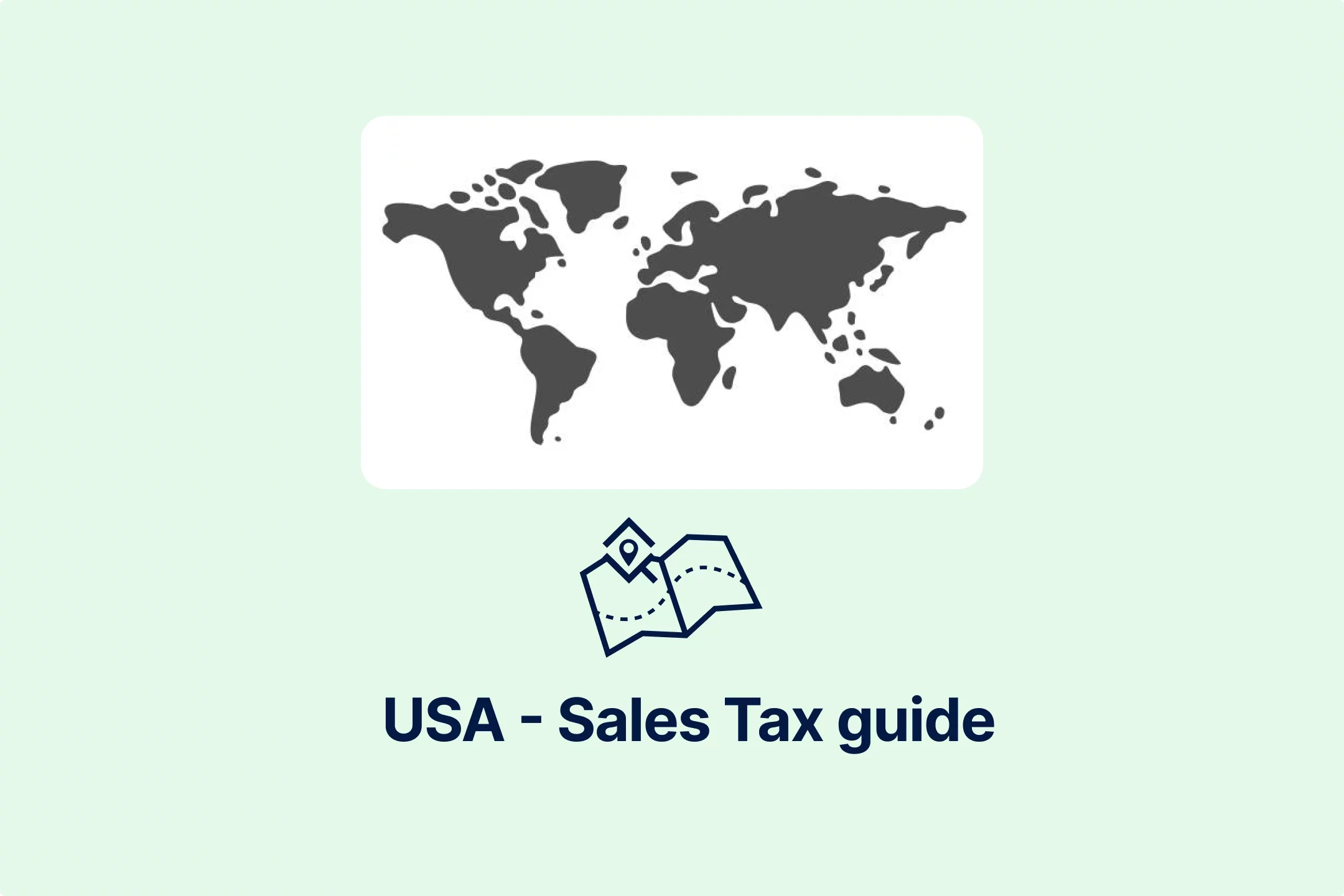Responsabilité d'Uber en matière de taxe sur les ventes : Décision de la Cour d'appel de Géorgie sur le litige 2012-2015

La Cour d'appel de Géorgie a rendu sa décision dans l'affaire Uber Technologies, Inc. v. O'Connell, concernant la responsabilité d'Uber pour la collecte de la taxe sur les ventes auprès des conducteurs utilisant sa plateforme de service de covoiturage entre 2012 et 2015, c'est-à-dire avant l'ère Wayfair.
Le litige est né après que le ministère du revenu de Géorgie a effectué un contrôle fiscal et déterminé qu'Uber n'avait pas payé un montant substantiel de taxe sur les ventes au cours de la période 2012-2015.
Faits et conséquences de la décision
Uber, une plateforme mondiale de covoiturage bien connue qui met en relation des utilisateurs, également connus sous le nom de "riders", avec des chauffeurs indépendants, a commencé à opérer en Géorgie en 2012. Uber ne fait pas payer les utilisateurs et les chauffeurs pour l'utilisation de l'application. En revanche, la société facture aux chauffeurs des frais pour ses services, qui comprennent le traitement des paiements en leur nom.
Concrètement, cela signifie qu'à la fin de la course, Uber perçoit les frais de course auprès de l'utilisateur, achemine le paiement par l'intermédiaire d'une filiale et verse au chauffeur le montant réduit pour ses services.
Au cours de l'audit, le ministère des finances de Géorgie (DOR) a remarqué qu'Uber ne collectait pas la taxe sur les ventes auprès des utilisateurs de Géorgie et qu'il en faisait porter la responsabilité au chauffeur, ce qu'Uber a confirmé par la suite. Toutefois, à la suite de l'audit, le DOR a émis un avis de cotisation important pour la taxe sur les ventes impayée et les pénalités pour cette période.
Uber a contesté l'évaluation, mais le DOR a rejeté toutes les demandes d'Uber, ce qui a conduit Uber à faire appel devant le Tribunal fiscal de Géorgie (Tribunal). En 2022, le Tribunal a confirmé l'évaluation, déclarant qu'Uber était tenu de collecter la taxe sur les ventes parce que son modèle d'entreprise est similaire à celui des services de taxis traditionnels. Uber a continué à contester ces conclusions et, après que la cour supérieure a rejeté son appel, la cour d'appel de Géorgie a accepté d'examiner l'appel d'Uber.
Après avoir examiné les règles et réglementations de la Géorgie en matière de taxe sur les ventes pour les services de taxis, qui remontent à 1951, la cour d'appel a souligné qu'elles stipulent que les voitures de location doivent collecter la taxe sur les ventes pour les passagers, et que le paiement de la taxe directement par le chauffeur ou par l'intermédiaire d'une entité centrale dépend de la question de savoir si le chauffeur est associé à un opérateur de quartier général.
La Cour a rejeté l'argument d'Uber selon lequel le règlement ne s'appliquait qu'aux taxis traditionnels et a confirmé la validité de ce règlement, estimant qu'il donnait au DOR le pouvoir de transférer la responsabilité de la collecte de la taxe des chauffeurs à un opérateur central, en l'occurrence Uber. En outre, la cour d'appel a rejeté l'argument d'Uber selon lequel la réglementation sur les taxis ne s'appliquait plus parce que la Géorgie a adopté une loi sur les facilitateurs de marché en 2020.
Conclusion
Cette affaire souligne l'importance de comprendre les règles relatives à la taxe sur les ventes dans un contexte plus large. L'une des conclusions les plus importantes de cette affaire est que les tribunaux des États peuvent interpréter et appliquer des réglementations fiscales de longue date à de nouveaux modèles commerciaux technologiques, même lorsque ces lois ont été créées bien avant que de telles innovations n'existent.
Source: Grant Thornton, Uber Technologies, Inc. v. O'Connell

Articles en vedette

Burkina Faso FEC Facturation électronique obligatoire à partir de juillet 2026
🕝 February 24, 2026
Réforme de la TVA au Mozambique : biens et services numériques à partir de 2026
🕝 February 17, 2026
Disparition de commerçants et fraude à la TVA : décision de justice en Lituanie
🕝 February 9, 2026
Formation continue en fiscalité et comptabilité : constituer des équipes pour un avenir plus rapide
🕝 January 27, 2026Plus de nouvelles de États-Unis
Obtenez des mises à jour en temps réel et des informations sur l'évolution de la situation dans le monde entier, afin d'être informé et préparé.
-e9lcpxl5nq.webp)




-fd4vrjrcmo.webp)











-qoqtiao7l2.webp)





-o0xyg5unvs.webp)










-sug7vykj81.webp)

















-pofe7ucwz3.webp)









-de8hdb1bn3.webp)








-xbhr0m4jsb.webp)


-ae6fi6cjox.webp)













-b0fpsws1w1.webp)





















-x78wuofpzj.webp)
















-b44f1vjl1i.webp)

-priw8nq5xc.webp)


.png)

.png)






























